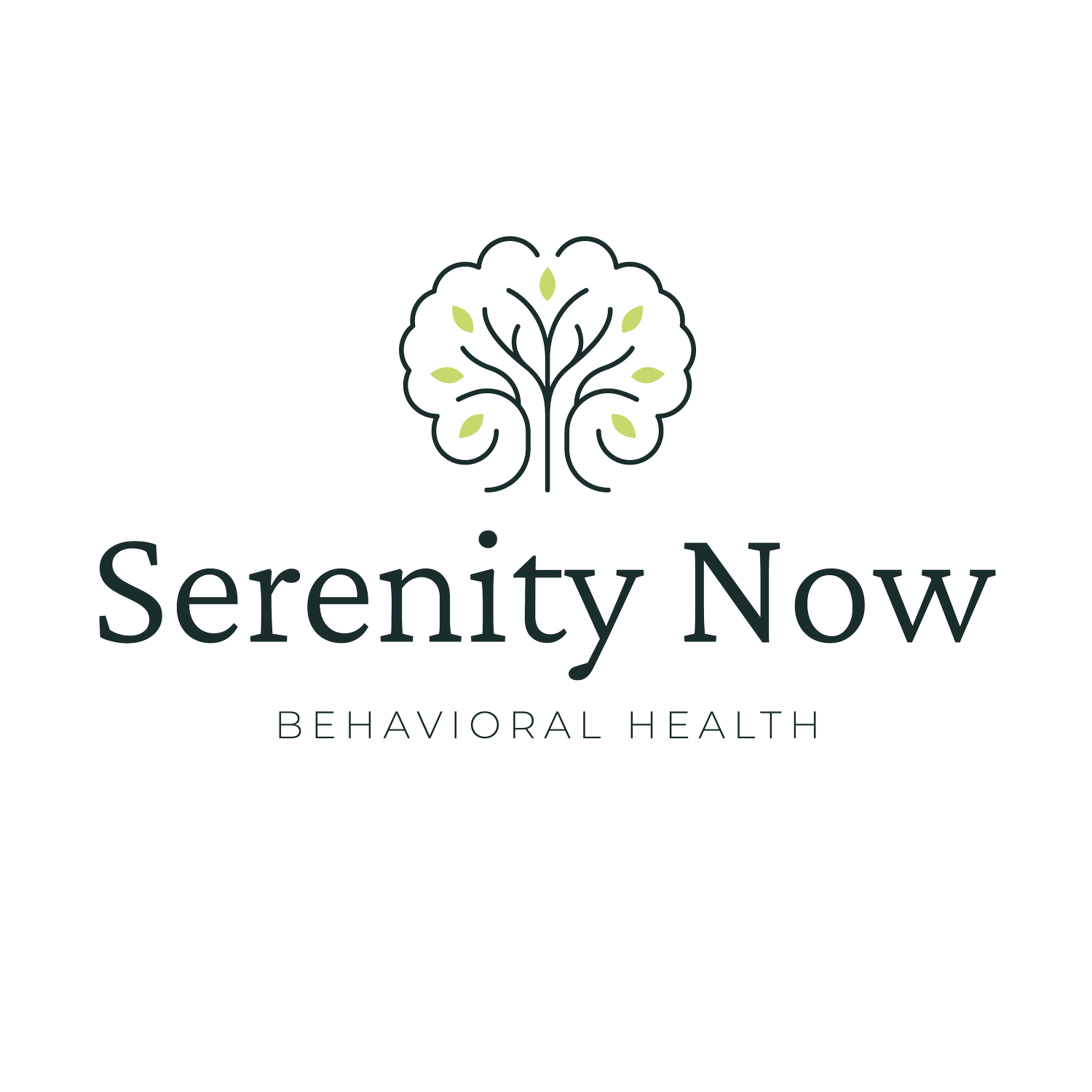Davis, California, United States
Serenity Now Behavioral Health
Unclaimed
Unclaimed
This provider hasn’t verified their profile’s information. Are you the owner of this center? Claim your listing to better manage your presence on Recovery.com.

Contact Serenity Now Behavioral Health
Connect with Serenity Now Behavioral Health by calling them directly.
Are you the owner of this center?
Claim this center
About Serenity Now Behavioral Health
Serenity Now Behavioral Health is a residential mental health treatment center located in Davis, California, dedicated to providing private and individualized mental health care. The facility offers a comfortable, homelike setting where residents receive 24-hour support and confidential treatment, allowing them to focus entirely on their health and healing.
Develop the Tools for Lasting Wellness
The center serves adults experiencing various mental health diagnoses, including anxiety, depression, trauma, post-traumatic stress disorder (PTSD), ADHD, obsessive-compulsive disorder (OCD), and other complex conditions. Serenity Now uses a holistic approach to mental health and assists residents in addressing their symptoms and underlying causes. The goal is to help individuals develop coping skills, practice self-care, transform negative thought patterns, reconnect with themselves, build resilience, and cultivate the possibility for long-term well-being.
Heal with a Dedicated Care Team
In addition to therapy, Serenity Now offers various classes to support self-care and life skills development. Residents can participate in activities such as art classes, yoga, and meditation, all designed to promote holistic well-being. The center is staffed with a dedicated team, including a psychiatrist, psychotherapists, nurses, mental health workers, and a private chef, all working collaboratively to provide high-quality treatment, care, and support in a private home environment.
Read More

Center Overview
Men and Women
Men and women attend treatment for addiction in a co-ed setting, going to therapy groups together to share experiences, struggles, and successes.
Treatment Focus
At this center, you receive personalized care for mental health conditions. They provide therapy and tailor treatment to your unique needs, diagnoses, and preferences.

Care Options



Treatment
Specializations
Licensed Primary Mental Health
Some primary care providers offer mental health diagnosis and treatment. This can prevent patients from developing more serious conditions.
Approaches
Evidence-Based
A combination of scientifically rooted therapies and treatments make up evidence-based care, defined by their measured and proven results.
Holistic
A non-medicinal, wellness-focused approach that aims to align the mind, body, and spirit for deep and lasting healing.
Therapies
1-on-1 Counseling
Patient and therapist meet 1-on-1 to work through difficult emotions and behavioral challenges in a personal, private setting.
Meditation & Mindfulness
A practiced state of mind that brings patients to the present. It allows them to become fully aware of themselves, their feelings, and the present moment.
Trauma-Specific Therapy
This form of talk therapy addresses any childhood trauma at the root of a patient's current diagnosis.
Art Therapy
Visual art invites patients to examine the emotions within their work, focusing on the process of creativity and its gentle therapeutic power.
Family Therapy
Family therapy addresses group dynamics within a family system, with a focus on improving communication and interrupting unhealthy relationship patterns.
Life Skills
Teaching life skills like cooking, cleaning, clear communication, and even basic math provides a strong foundation for continued recovery.
Nutrition Counseling
Nutritious food helps patients heal from within, setting them up for mental and bodily wellness as they learn about healthy eating.
Somatic Experiencing
This method treats emotional trauma stored in the body. A therapist helps patients work through the physical feelings associated with emotional pain.
Conditions We Treat
ADHD, ADD
ADHD is a common mental health condition caused by dopamine imbalance. Common symptoms include inattention, hyperactivitiy, and impulsivity.
Anxiety
Anxiety is a common mental health condition that can include excessive worry, panic attacks, physical tension, and increased blood pressure.
Bipolar
This mental health condition is characterized by extreme mood swings between depression, mania, and remission.
Depression
Symptoms of depression may include fatigue, a sense of numbness, and loss of interest in activities. This condition can range from mild to severe.
Obsessive Compulsive Disorder (OCD)
OCD is characterized by intrusive and distressing thoughts that drive repetitive behaviors. This pattern disrupts daily life and relationships.
Post Traumatic Stress Disorder
PTSD is a long-term mental health issue caused by a disturbing event or events. Symptoms include anxiety, dissociation, flashbacks, and intrusive thoughts.
Trauma
Some traumatic events are so disturbing that they cause long-term mental health problems. Those ongoing issues can also be referred to as "trauma."
Experience
Personal Amenities
Amenities
Activities
Yoga
Yoga is both a physical and spiritual practice. It includes a flow of movement, breathing techniques, and meditation.
Off-Site Activities
Off-Site Amenities
We love hearing about your treatment experience
Help individuals and families seeking treatment by sharing your first-hand experience with this treatment provider. Review Guidelines.







